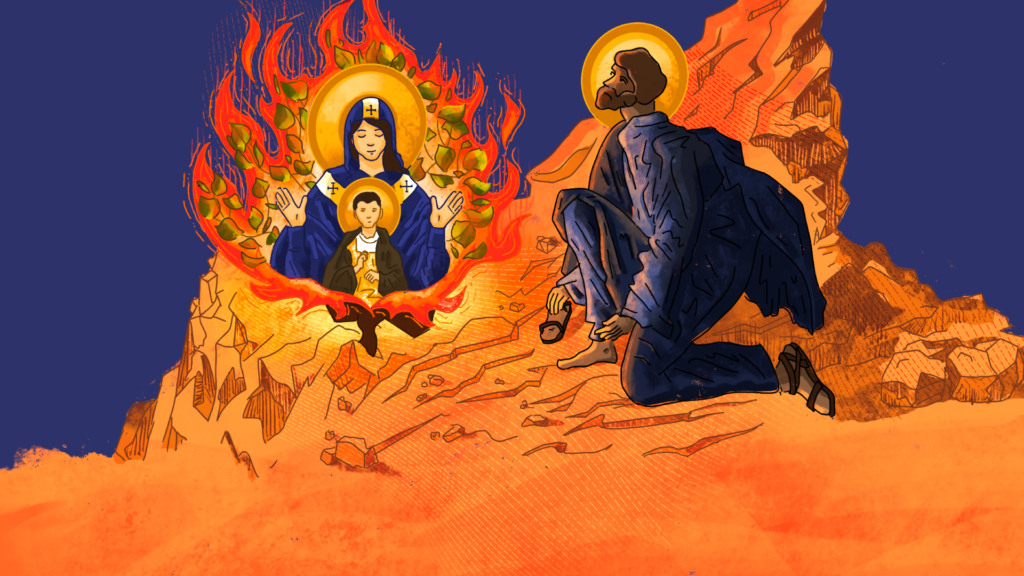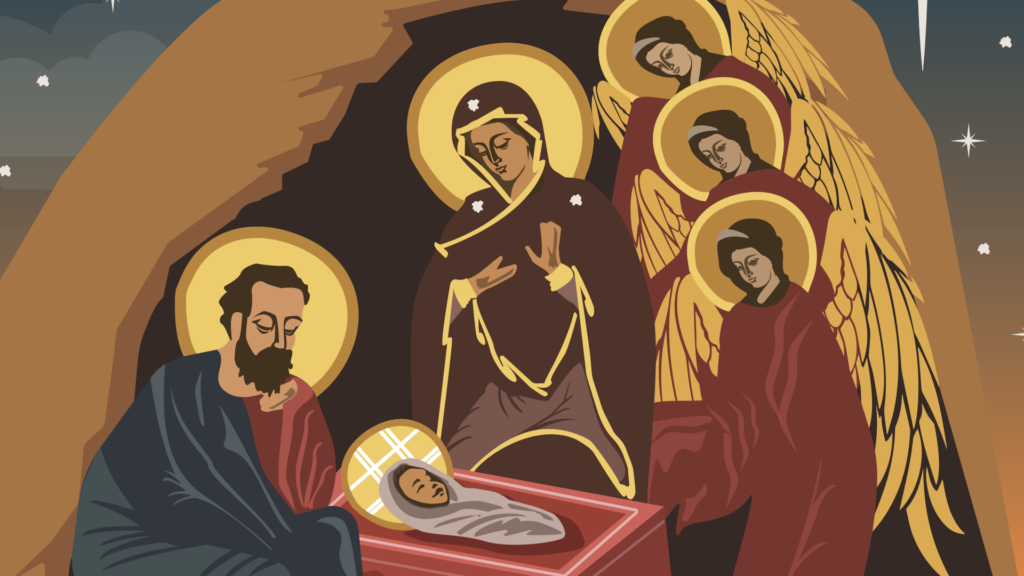For Sunday, June 18th, 2023
Reading
At the sight of the crowds, Jesus’ heart was moved with pity for them because they were troubled and abandoned, like sheep without a shepherd. Then he said to his disciples, “The harvest is abundant but the laborers are few; so ask the master of the harvest to send out laborers for his harvest.” Then he summoned his twelve disciples and gave them authority over unclean spirits to drive them out and to cure every disease and every illness.
The names of the twelve apostles are these: first, Simon called Peter, and his brother Andrew; James, the son of Zebedee, and his brother John; Philip and Bartholomew, Thomas and Matthew the tax collector; James, the son of Alphaeus, and Thaddeus; Simon from Cana, and Judas Iscariot who betrayed him. Jesus sent out these twelve after instructing them thus, “Do not go into pagan territory or enter a Samaritan town. Go rather to the lost sheep of the house of Israel. As you go, make this proclamation: ‘The kingdom of heaven is at hand.’ Cure the sick, raise the dead, cleanse lepers, drive out demons. Without cost you have received; without cost you are to give.”
Matthew 9:36-10:8
Reflection
In today’s Gospel, Jesus is moved by pity. When he sees the lost sheep of the house of Israel, he says that they are “like sheep without a shepherd”. Through his Apostles, he speaks to the sheep and leads them to life.
Have you ever seen sheep without a shepherd? The shepherd protects the sheep from other animals and points the sheep toward verdant pastures. The shepherd knows what is best for the sheep, and he helps the sheep act to their advantage. Without a shepherd, the sheep will wander aimlessly for days on end. They will move from one perceived good to the next perceived good with no mind for prudence. This is the image Jesus chooses to describe the state of the nation: wandering like sheep without a shepherd.
To solve the pastoral privation, “he summoned his twelve disciples and gave them authority over unclean spirits to drive them out and to cure every disease and every illness.” At this point, he instructs the twelve only to preach to the Jewish nation; he will send them to preach to all nations later (see Matthew 28:18-20). When they preach, they are instructed to “Cure the sick, raise the dead, cleanse lepers, [and] drive out demons.” These actions accompany the Apostle’s message to the Jews.
A good shepherd calls his sheep and the sheep follow him—“he goes before them, and the sheep follow him, for they know his voice” (John 10:4). As shepherds, the Apostles are calling out to the Jewish nation saying, “The kingdom of heaven is at hand.” They lead the sheep to the green pastures of repentance and sorrow for sins. The sheep will know this is God’s message to them by the actions accompanying the message: the sick are made well, the dead are brought to life, and the evil spirits are driven away.
We are still sheep, but we have a shepherd. In every age, the Apostles and their successors (the bishops) proclaim the message of God to us: “The kingdom of heaven is at hand.” Through the sacraments, the three marks of God’s voice are still heard. Through baptism, the dead are brought to life—we are baptized into Christ’s death and raised in Christ’s resurrection (see Romans 6:3-5). In the anointing of the sick, our infirmities are healed. St. Thomas Aquinas says that this sacrament is “directed against bodily sickness as a result of sin, [and] against other consequences of sin—namely, proneness to evil and difficulty in respect of good (Contra Gentiles 4.73). Demons are still cast out in exorcisms. As the Catechism says, “Exorcism is directed at the expulsion of demons or to the liberation from demonic possession through the spiritual authority which Jesus entrusted to the Church” (CCC, 1673).
In your silent prayer today, reflect on how the successors of the apostles are shepherds. Where do you hear the voice of God, and how do you recognize it?
Is it time for your Exodus? Learn more here.









